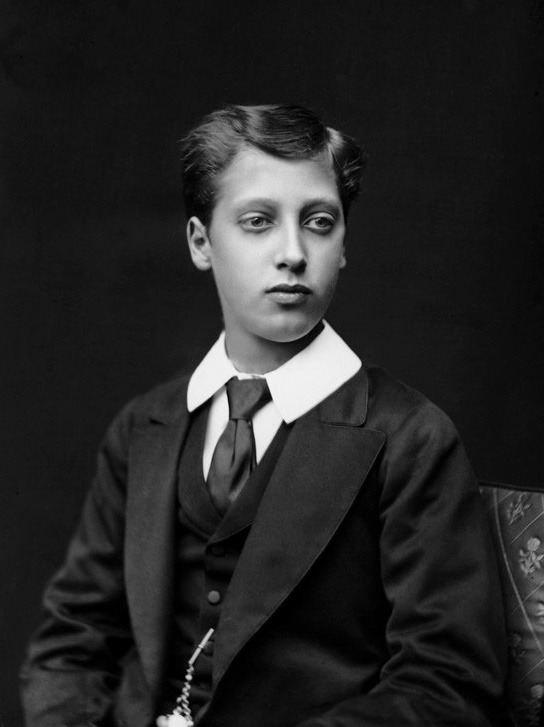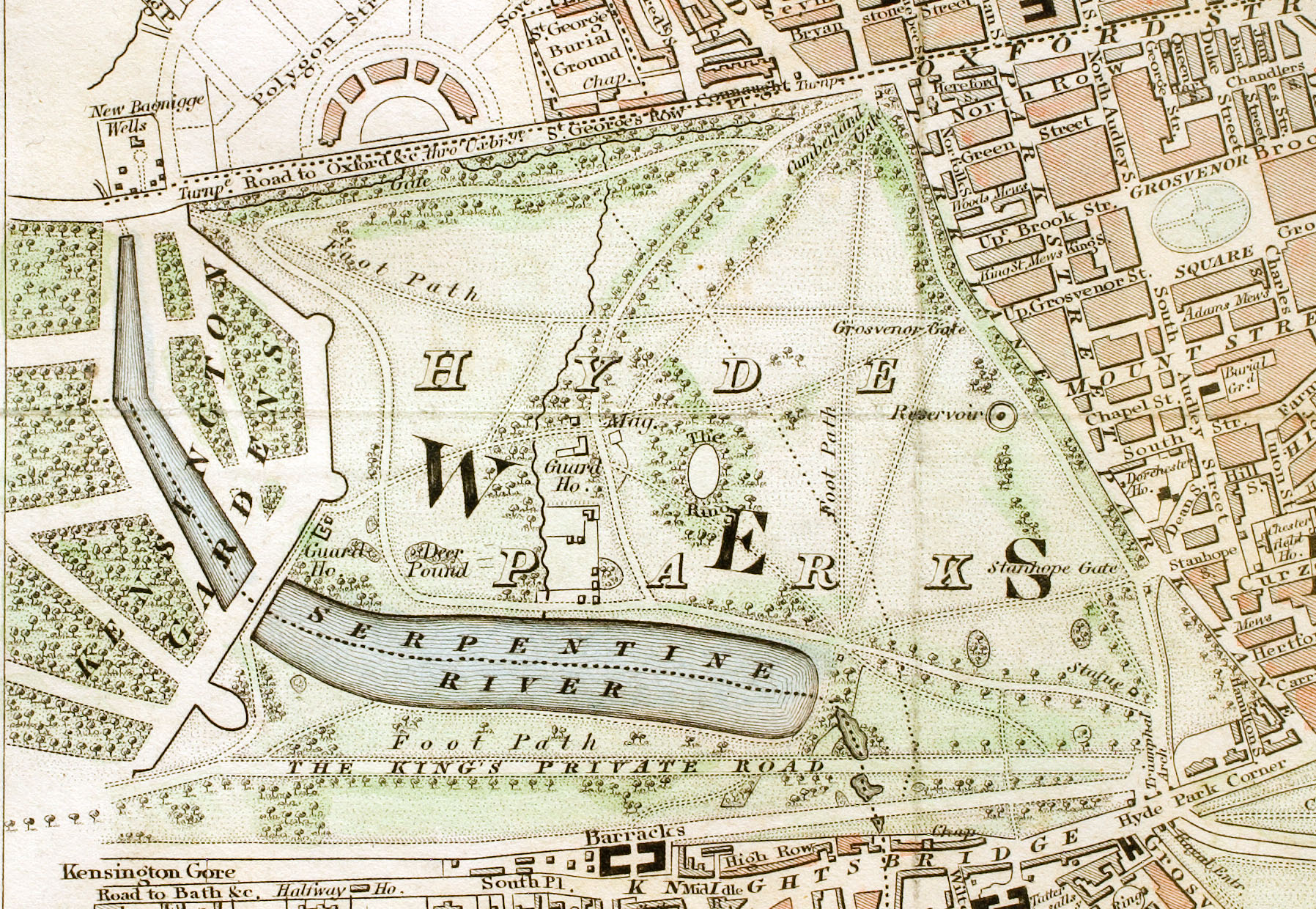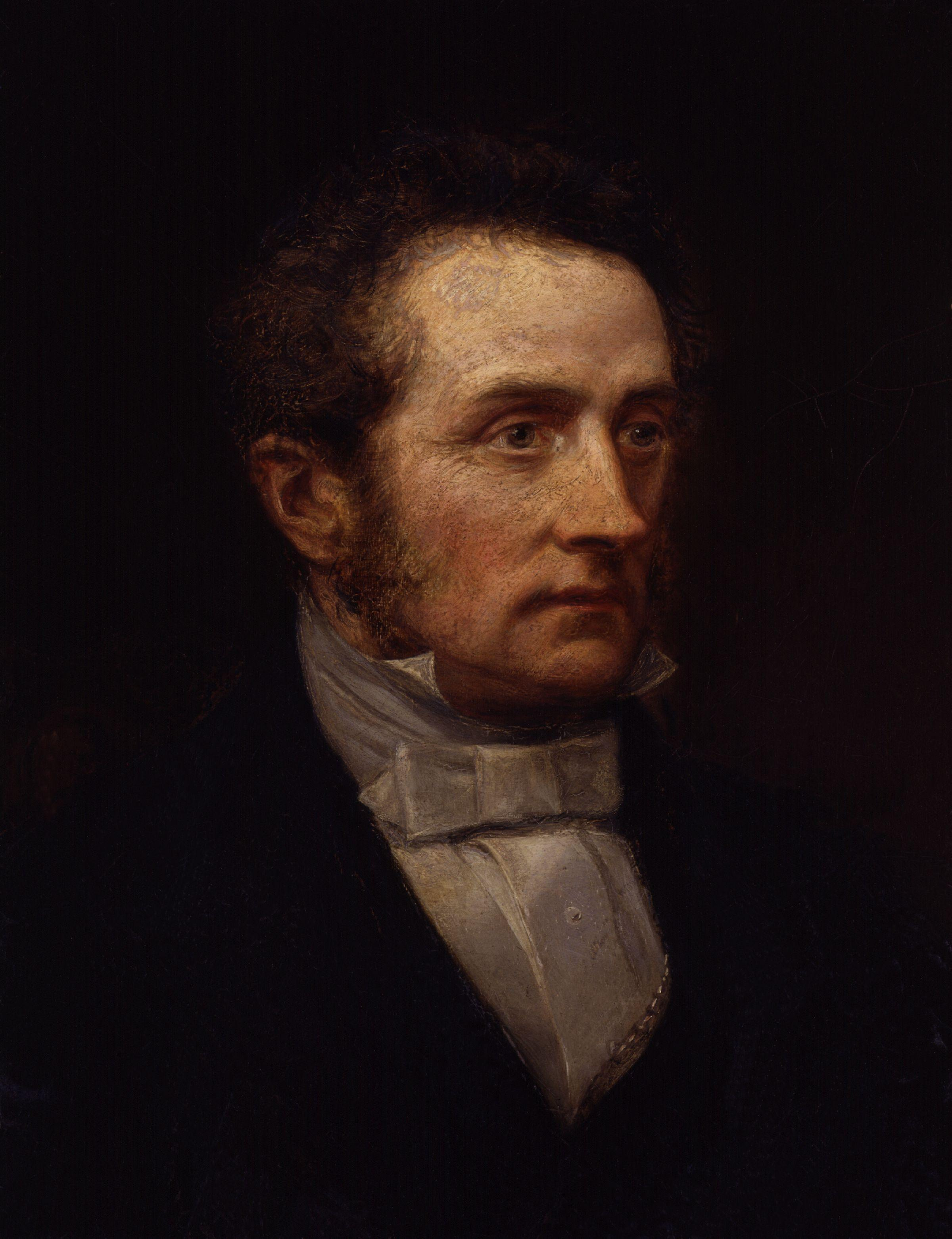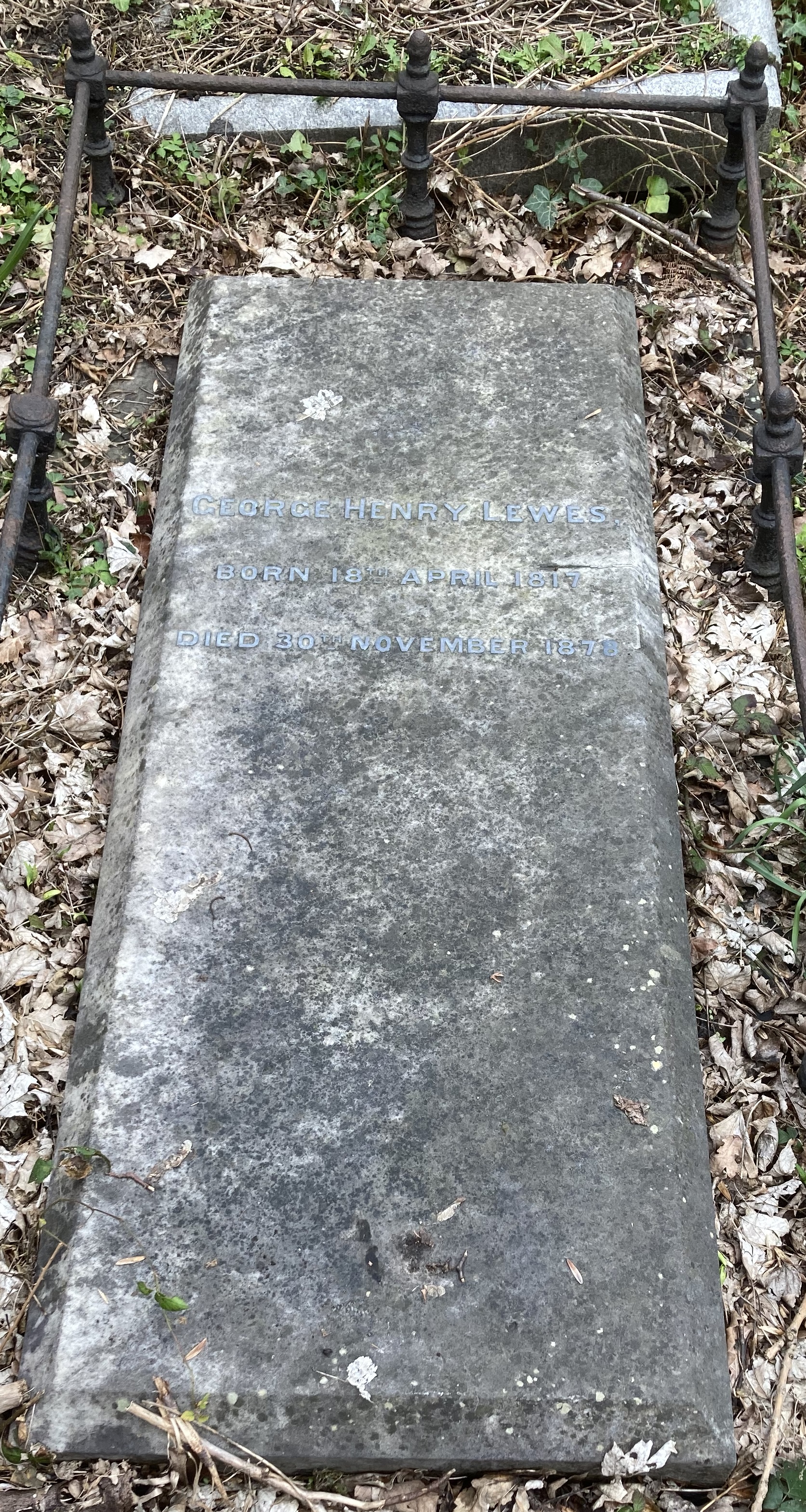|
Frederic Harrison
Frederic Harrison (18 October 1831 – 14 January 1923) was a British jurist and historian. Biography Born at 17 Euston Square, London, he was the son of Frederick Harrison (1799–1881), a stockbroker and his wife Jane, daughter of Alexander Brice, a Belfast granite merchant. He was baptised at St. Pancras Church, Euston, and spent his early childhood at the northern London suburb of Muswell Hill, to which the family moved soon after his birth. His father later acquired a lease on the grand Tudor manor house Sutton Place near Guildford, Surrey, in 1874, which descended to his elder son Sidney, and about which Frederic jnr. wrote the definitive history ''Annals of an Old Manor House: Sutton Place, Guildford'', first published in 1893. His paternal grandfather was a Leicestershire builder. In 1840 the family moved again to 22 Oxford Square, Hyde Park, London, a house designed by Harrison's father. Along with his siblings Sidney and Lawrence, Harrison received his initial ... [...More Info...] [...Related Items...] OR: [Wikipedia] [Google] [Baidu] |
Alexander Bassano
Alexander Bassano (10 May 1829 – 21 October 1913) was an English photographer who was a leading royal and high society portrait photographer in Victorian London. He is known for his photo of the Herbert Kitchener, 1st Earl Kitchener, Earl Kitchener in the ''Lord Kitchener Wants You'' army recruitment poster during the First World War and his photographs of Queen Victoria. Biography Alessandro Bassano was the second youngest child of Italian Clemente Bassano, originally a fishmonger of Cranbourne Street, later an oilman and warehouseman of Jermyn Street, London, and his English wife, Elizabeth Browne. He later anglicised his first name to Alexander. Bassano received early artistic training with artists Augustus Egg and William Beverley. He opened his first studio in 1850 in Regent Street. The studio then moved to Piccadilly 1859–1863, to Pall Mall, London, Pall Mall and then to 25 Old Bond Street in 1877. There was also a Bassano branch studio at 132 King's Road, Brighto ... [...More Info...] [...Related Items...] OR: [Wikipedia] [Google] [Baidu] |
Hyde Park, London
Hyde Park is a Grade I-listed major park in Westminster, Greater London, the largest of the four Royal Parks that form a chain from the entrance to Kensington Palace through Kensington Gardens and Hyde Park, via Hyde Park Corner and Green Park past the main entrance to Buckingham Palace. The park is divided by the Serpentine and the Long Water lakes. The park was established by Henry VIII in 1536 when he took the land from Westminster Abbey and used it as a hunting ground. It opened to the public in 1637 and quickly became popular, particularly for May Day parades. Major improvements occurred in the early 18th century under the direction of Queen Caroline. Several duels took place in Hyde Park during this time, often involving members of the nobility. The Great Exhibition of 1851 was held in the park, for which The Crystal Palace, designed by Joseph Paxton, was erected. Free speech and demonstrations have been a key feature of Hyde Park since the 19th century. Speakers' Cor ... [...More Info...] [...Related Items...] OR: [Wikipedia] [Google] [Baidu] |
Arthur Penrhyn Stanley
Arthur Penrhyn Stanley, (13 December 1815 – 18 July 1881), known as Dean Stanley, was an English Anglican priest and ecclesiastical historian. He was Dean of Westminster from 1864 to 1881. His position was that of a Broad Churchman and he was the author of a number of works on Church History. He was a co-founder of the Palestine Exploration Fund. Early life Stanley was born in Alderley Edge, in Cheshire, where his father, Edward Stanley, later Bishop of Norwich, was then rector. A brother was Owen Stanley, and his sister was Mary Stanley. The middle-name 'Penrhyn' suggests Welsh lineage. He was educated at Rugby School under Thomas Arnold and in 1834 went up to Balliol College, Oxford. He is generally considered to be the source for the character of George Arthur in Thomas Hughes's well-known book ''Tom Brown's Schooldays'', which is based on Rugby. After winning the Ireland scholarship and the Newdigate Prize for an English poem (''The Gypsies''), he was in 1839 elected ... [...More Info...] [...Related Items...] OR: [Wikipedia] [Google] [Baidu] |
Religion Of Humanity
Religion of Humanity (from French ''Religion de l'Humanité'' or '' église positiviste'') is a secular religion created by Auguste Comte (1798–1857), the founder of positivist philosophy. Adherents of this religion have built chapels of Humanity in France and Brazil. In the United States and Europe, Comte's ideas influenced others, and contributed to the emergence of ethical societies and "ethical churches", which led to the development of Ethical culture, congregational humanist, and secular humanist organisations. Origins Comte developed the Religion of Humanity for positivist societies in order to fulfill the cohesive function once held by traditional worship. The religion was developed after Comte's passionate platonic relationship with Clotilde de Vaux, whom he idealised after her death. He became convinced that feminine values embodied the triumph of sentiment and morality. In a future science-based Positivist society there should also be a religion that would have p ... [...More Info...] [...Related Items...] OR: [Wikipedia] [Google] [Baidu] |
George Earlam Thorley
George may refer to: People * George (given name) * George (surname) * George (singer), American-Canadian singer George Nozuka, known by the mononym George * George Washington, First President of the United States * George W. Bush, 43rd President of the United States * George H. W. Bush, 41st President of the United States * George V, King of Great Britain, Ireland, the British Dominions and Emperor of India from 1910-1936 * George VI, King of Great Britain, Ireland, the British Dominions and Emperor of India from 1936-1952 * Prince George of Wales * George Papagheorghe also known as Jorge / GEØRGE * George, stage name of Giorgio Moroder * George Harrison, an English musician and singer-songwriter Places South Africa * George, Western Cape ** George Airport United States * George, Iowa * George, Missouri * George, Washington * George County, Mississippi * George Air Force Base, a former U.S. Air Force base located in California Characters * George (Peppa Pig), a 2-year-old pig ... [...More Info...] [...Related Items...] OR: [Wikipedia] [Google] [Baidu] |
John Henry Bridges
John is a common English name and surname: * John (given name) * John (surname) John may also refer to: New Testament Works * Gospel of John, a title often shortened to John * First Epistle of John, often shortened to 1 John * Second Epistle of John, often shortened to 2 John * Third Epistle of John, often shortened to 3 John People * John the Baptist (died c. AD 30), regarded as a prophet and the forerunner of Jesus Christ * John the Apostle (lived c. AD 30), one of the twelve apostles of Jesus * John the Evangelist, assigned author of the Fourth Gospel, once identified with the Apostle * John of Patmos, also known as John the Divine or John the Revelator, the author of the Book of Revelation, once identified with the Apostle * John the Presbyter, a figure either identified with or distinguished from the Apostle, the Evangelist and John of Patmos Other people with the given name Religious figures * John, father of Andrew the Apostle and Saint Peter * Pope John ... [...More Info...] [...Related Items...] OR: [Wikipedia] [Google] [Baidu] |
Edward Spencer Beesly
Edward Spencer Beesly (; 23 January 1831 – 7 March 1915) was an English positivist, trades union activist, and historian. Life He was born on 23 January 1831 in Feckenham, Worcestershire, the eldest son of the Rev. James Beesly and his wife, Mary Fitzgerald, of Queen's county, Ireland. After reading Latin and Greek with his father, in the autumn of 1846 Beesly was sent to King William's College on the Isle of Man, an evangelical establishment whose inadequate instruction and low moral tone were later depicted in ''Eric, or, Little by Little'', by his school friend F. W. Farrar. In 1849 Beesly entered Wadham College, Oxford, another evangelical stronghold and the original centre of the English positivist movement. He held two exhibitions and a Bible clerkship. His flair for quoting scripture yielded to radical rhetoric under the influence of his tutor Richard Congreve, a covert disciple of Auguste Comte's positivism. Along with his Wadham friends Frederic Harrison and John He ... [...More Info...] [...Related Items...] OR: [Wikipedia] [Google] [Baidu] |
Frederic Harrison Vanity Fair 23 January 1886
{{disambiguation, geo ...
Frederic may refer to: Places United States * Frederic, Wisconsin, a village in Polk County * Frederic Township, Michigan, a township in Crawford County ** Frederic, Michigan, an unincorporated community Other uses * Frederic (band), a Japanese rock band * Frederic (given name), a given name (including a list of people and characters with the name) * Hurricane Frederic, a hurricane that hit the U.S. Gulf Coast in 1979 * Trent Frederic, American ice hockey player See also * Frédéric * Frederick (other) * Fredrik * Fryderyk (other) Fryderyk () is a given name, and may refer to: * Fryderyk Chopin (1810–1849), a Polish piano composer * Fryderyk Getkant (1600–1666), a military engineer, artilleryman and cartographer of German origin * Fryderyk Scherfke (1909–1983), an int ... [...More Info...] [...Related Items...] OR: [Wikipedia] [Google] [Baidu] |
The Fortnightly Review
''The Fortnightly Review'' was one of the most prominent and influential magazines in nineteenth-century England. It was founded in 1865 by Anthony Trollope, Frederic Harrison, Edward Spencer Beesly, and six others with an investment of £9,000; the first edition appeared on 15 May 1865. George Henry Lewes, the partner of George Eliot, was its first editor, followed by John Morley. The print magazine ceased publication in 1954. An online "new series" started to appear in 2009. History ''The Fortnightly Review'' aimed to offer a platform for a range of ideas, in reaction to the highly partisan journalism of its day. Indeed, in announcing the first issue of the ''Fortnightly'' in the ''Saturday Review'' of 13 May 1865, G. H. Lewes wrote, "The object of ''THE FORTNIGHTLY REVIEW'' is to become the organ of the unbiassed expression of many and various minds on topics of general interest in Politics, Literature, Philosophy, Science, and Art." But by the time Lewes left due to ... [...More Info...] [...Related Items...] OR: [Wikipedia] [Google] [Baidu] |
George Henry Lewes
George Henry Lewes (; 18 April 1817 – 30 November 1878) was an English philosopher and critic of literature and theatre. He was also an amateur physiologist. American feminist Margaret Fuller called Lewes a "witty, French, flippant sort of man". He became part of the mid- Victorian ferment of ideas which encouraged discussion of Darwinism, positivism, and religious skepticism. However, he is perhaps best known today for having openly lived with Mary Ann Evans, who wrote under the pen name George Eliot, as soulmates whose lives and writings were enriched by their relationship, though they never married each other. Biography Lewes, born in London, was the illegitimate son of the minor poet John Lee Lewes and Elizabeth Ashweek, and the grandson of comic actor Charles Lee Lewes. His mother married a retired sea captain when he was six. Frequent changes of home meant he was educated in London, Jersey, Brittany, and finally at Dr Charles Burney's school in Greenwich. Having abandon ... [...More Info...] [...Related Items...] OR: [Wikipedia] [Google] [Baidu] |
John Stuart Mill
John Stuart Mill (20 May 1806 – 7 May 1873) was an English philosopher, political economist, Member of Parliament (MP) and civil servant. One of the most influential thinkers in the history of classical liberalism, he contributed widely to social theory, political theory, and political economy. Dubbed "the most influential English-speaking philosopher of the nineteenth century", he conceived of liberty as justifying the freedom of the individual in opposition to unlimited state and social control. Mill was a proponent of utilitarianism, an ethical theory developed by his predecessor Jeremy Bentham. He contributed to the investigation of scientific methodology, though his knowledge of the topic was based on the writings of others, notably William Whewell, John Herschel, and Auguste Comte, and research carried out for Mill by Alexander Bain. He engaged in written debate with Whewell. A member of the Liberal Party and author of the early feminist work ''The Subjection o ... [...More Info...] [...Related Items...] OR: [Wikipedia] [Google] [Baidu] |
Positivism
Positivism is an empiricist philosophical theory that holds that all genuine knowledge is either true by definition or positive—meaning ''a posteriori'' facts derived by reason and logic from sensory experience.John J. Macionis, Linda M. Gerber, ''Sociology'', Seventh Canadian Edition, Pearson Canada Other ways of knowing, such as theology, metaphysics, intuition, or introspection, are rejected or considered meaningless. Although the positivist approach has been a recurrent theme in the history of western thought, modern positivism was first articulated in the early 19th century by Auguste Comte.. His school of sociological positivism holds that society, like the physical world, operates according to general laws. After Comte, positivist schools arose in logic, psychology, economics, historiography, and other fields of thought. Generally, positivists attempted to introduce scientific methods to their respective fields. Since the turn of the 20th century, positivism has de ... [...More Info...] [...Related Items...] OR: [Wikipedia] [Google] [Baidu] |







